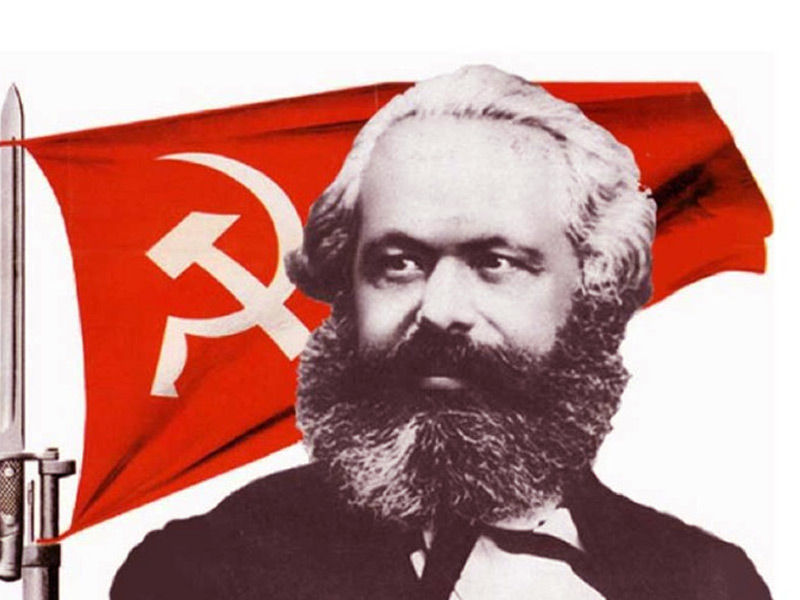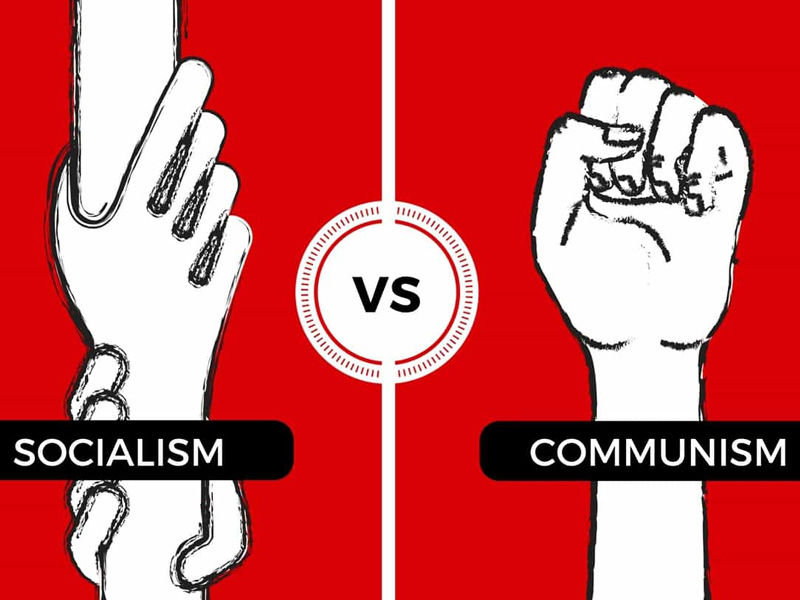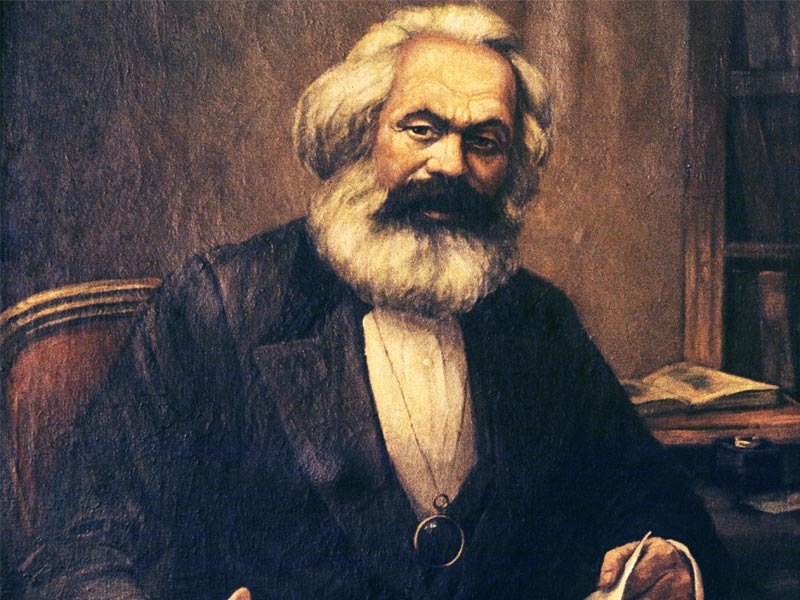Communism is a philosophical, social, political, and economic ideology and movement aimed at establishing a communist society, i.e. a socioeconomic order based on the ideas of common or social ownership of all property and the absence of social classes, money, and the state socialism and communism are distinct from each other with one being the subset of other.

Communists typically seek a voluntary state of self-government, but differ on how to achieve it, reflecting a distinction between a more libertarian approach of communization, revolutionary spontaneity, and workers’ self-management, and a more vanguardist or Communist party-driven approach through the development of a constitutionally socialist state followed by Marx’s withering away of the state. Many kinds of communism came out in these past years, including anarcho-communism and Marxist schools of thought.
Communism encompasses a wide range of schools of thought, including Marxism, Leninism, and libertarian communism, as well as the political ideologies based on these, all of which share the analysis that the current order of society stems from capitalism, its economic system and mode of production, namely that in this system there are two major social classes, these classes share an exploitative relationship.
The two classes are the proletariat (the working class), which constitutes the majority of society’s population and is required to work in order to survive, and the bourgeoisie (the capitalist class), a small minority that profits from employing the working class through private ownership of the means of production.
According to this analysis, the revolution would put the working class in power and, as a result, establish common ownership of property, which would be the primary element in the transformation of society to a communist mode of production.

Communist governments embracing Marxism–Leninism and its variants came to power in various parts of the world during the twentieth century, first in the Soviet Union with the Russian Revolution of 1917, and then in parts of Eastern Europe, Asia, and a few other regions after World War II. Communism had a dominant tendency compared to democracy and that’s why it passed within the socialist movement worldwide during the 1920.

Criticism of communism can be divided into two broad categories: that which focuses on the practical aspects of twentieth-century Communist states and that which focuses on communist principles and theory. Several academics and economists, among others, argue that the Soviet model, under which these nominally Communist states operated in practice, was not an actual communist economic model in accordance with most accepted definitions of communism as an economic theory, but rather a form of state capitalism, or a non-planned administrative-command system.
Since the 1840s, communism and socialism have been distinguished. By the 1860s, the modern definition and usage of the latter had become dominant over alternative terms such as associationist (Fourierism), co-operative, and mutualist, communism was out of use but before in the earlier period they were used synonymously.
Communism and Socialism
One early distinction between communism and socialism was that the latter sought to socialise only production, whereas the former sought to socialise both production and consumption. By 1888, Marxists took over the term socialism, this term was used as a new synonym for the former term communism.
It wasn’t until 1917 that with the Bolshevik Revolution, that socialism became a distinct stage between capitalism and communism, introduced by Vladimir Lenin as a means of defending the Bolshevik seizure of power against traditional Marxist criticism that Russia’s productive forces were insufficiently developed for socialist revolution.
After the Russian Social-Democratic Labour Party renamed itself the All-Russian Communist Party in 1918, a distinction between communist and socialist as descriptors of political ideologies arose.
One early distinction between communism and socialism was that the latter sought to socialise only production, whereas the former sought to socialise both production and consumption. By 1888, Marxists were using socialism instead of communism, which was widely used as a synonym of the previous term, It was not until 1917, with the Bolshevik Revolution, that socialism became a distinct stage between capitalism and communism.
Also read : Capitalism: The Economic system of Private ownership
introduced by Vladimir Lenin as a means of defending the Bolshevik seizure of power against traditional Marxist criticism that Russia’s productive forces were insufficiently developed for socialist revolution.
After the Russian Social-Democratic Labour Party renamed itself the All-Russian Communist Party in 1918, a distinction between communist and socialist as descriptors of political ideologies arose.

The communist works of Étienne Cabet in France and Wilhelm Weitling in Germany were produced by this latter branch of socialism. Marxists saw 1848 as a betrayal of working-class ideals by a bourgeoisie indifferent to the legitimate demands of the proletariat.
The Oxford Handbook of Karl Marx states that “Positive humanism, socialism, Communism, the realm of free individuality, free producer association, and other terms were used by Marx to describe a post-capitalist society. Both of these terms were used interchangeably by him. The concept of socialism and ‘communism’ as distinct historical stages is foreign to his work and only entered Marxism’s lexicon after his death.”

























